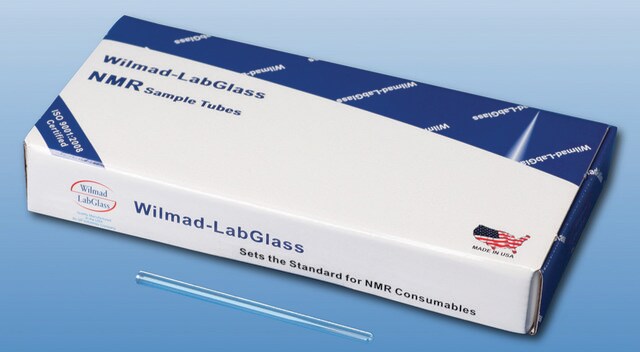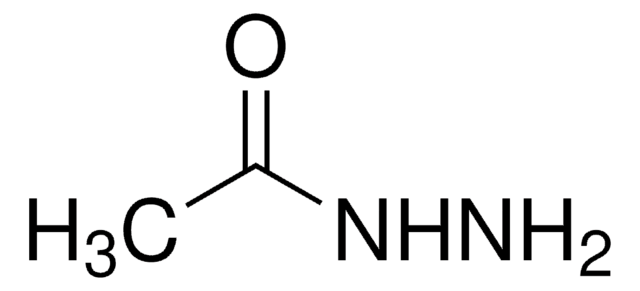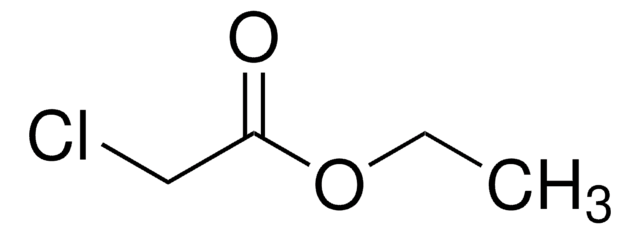8.04608
Hydrazinium hydroxide
(about 100% N₂H₅OH) for synthesis
Synonym(s):
Hydrazinium hydroxide, Hydrazine hydrate
About This Item
Recommended Products
vapor pressure
20 hPa ( 20 °C)
Quality Level
form
liquid
autoignition temp.
280 °C
potency
169 mg/kg LD50, oral (Rat)
expl. lim.
3.4-99 % (v/v)
pH
10-11 (20 °C, 10 g/L in H2O)
bp
120.5 °C/1013 hPa
mp
-51.7 °C
density
1.03 g/cm3 at 20 °C
storage temp.
15-25°C
SMILES string
[N+H3]N.[O-H]
InChI
1S/H4N2.H2O/c1-2;/h1-2H2;1H2
InChI key
IKDUDTNKRLTJSI-UHFFFAOYSA-N
Application
- Magnetic nickel nanoparticles by polyol process using nickel acetate as a precursor.
- Cu@Cu2O core-shell nanoparticles via a chemical reduction method using CuSO4.5H2O as a precursor.
It can also be used as a reactant to prepare:
2H-indazolo[2,1-b]phthalazine-1,6,11(13H)-trione derivatives by Ce(SO4)2·4H2O catalyzed condensation reaction with phthalic anhydride, aromatic aldehydes, and dimedone.
Signal Word
Danger
Hazard Statements
Precautionary Statements
Hazard Classifications
Acute Tox. 2 Inhalation - Acute Tox. 3 Dermal - Acute Tox. 3 Oral - Aquatic Acute 1 - Aquatic Chronic 1 - Carc. 1B - Eye Dam. 1 - Flam. Liq. 3 - Skin Corr. 1B - Skin Sens. 1
Storage Class Code
3 - Flammable liquids
WGK
WGK 3
Flash Point(F)
100.4 °F - closed cup - (anhydrous substance)
Flash Point(C)
38 °C - closed cup - (anhydrous substance)
Regulatory Listings
Regulatory Listings are mainly provided for chemical products. Only limited information can be provided here for non-chemical products. No entry means none of the components are listed. It is the user’s obligation to ensure the safe and legal use of the product.
EU REACH SVHC Candidate List
EU REACH Annex XVII (Restriction List)
Certificates of Analysis (COA)
Search for Certificates of Analysis (COA) by entering the products Lot/Batch Number. Lot and Batch Numbers can be found on a product’s label following the words ‘Lot’ or ‘Batch’.
Already Own This Product?
Find documentation for the products that you have recently purchased in the Document Library.
Customers Also Viewed
Protocols
Fmoc resin cleavage and deprotection are crucial steps for peptide synthesis, yielding the desired peptide after resin detachment.
Fmoc resin cleavage and deprotection are crucial steps for peptide synthesis, yielding the desired peptide after resin detachment.
Fmoc resin cleavage and deprotection are crucial steps for peptide synthesis, yielding the desired peptide after resin detachment.
Fmoc resin cleavage and deprotection are crucial steps for peptide synthesis, yielding the desired peptide after resin detachment.
Our team of scientists has experience in all areas of research including Life Science, Material Science, Chemical Synthesis, Chromatography, Analytical and many others.
Contact Technical Service













